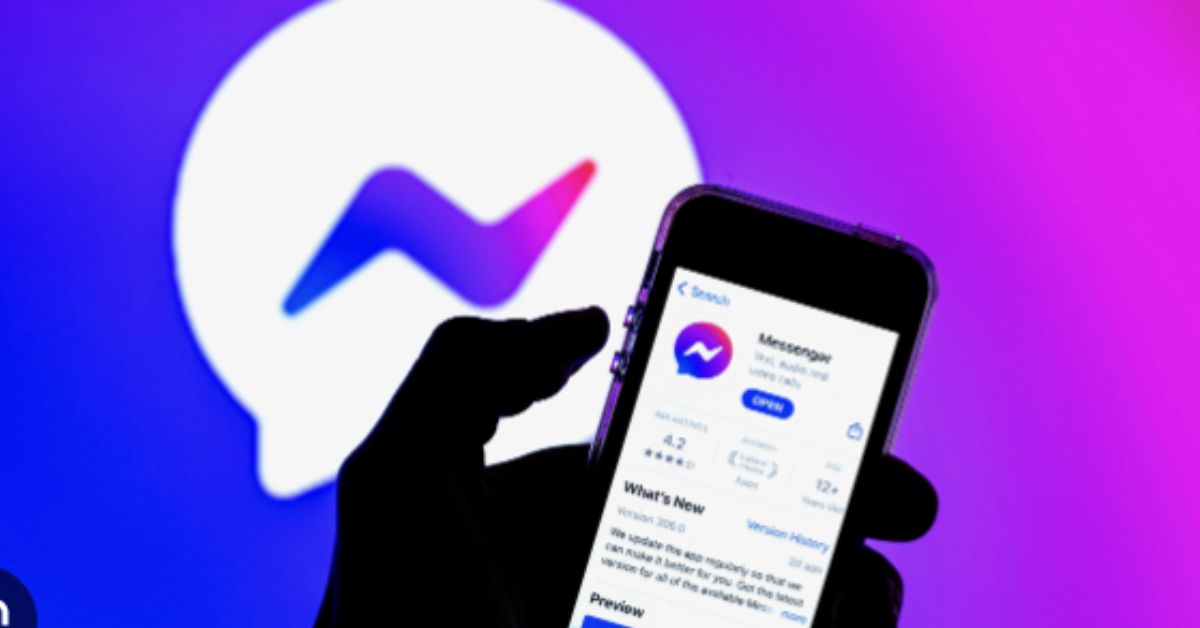In today’s digital age, messaging apps have become an integral part of our lives.
One of the most popular messaging platforms is Messenger, developed by Facebook.
While Messenger offers a convenient way to stay connected with friends and family, it is crucial to prioritize security and privacy while using the app.
Let’s explore the essential steps to set up Messenger for secure and private conversations.
Update the app regularly.
To begin, ensure you are using the latest version of Messenger.
Developers often release updates to address security vulnerabilities and enhance privacy features.
Keeping your app up-to-date reduces the risk of potential exploits and ensures you benefit from the latest security enhancements.
ENABLE TWO-FACTOR AUTHENTICATION (2FA).
Two-factor authentication is an essential security measure that adds an extra layer of protection to your Messenger account.
When enabled, you’ll need to provide a verification code, usually sent to your phone, in addition to your password to log in.
This way, even if someone manages to obtain your password, they won’t be able to access your account without the verification code.
ADJUST PRIVACY SETTINGS
Messenger offers various privacy settings that allow you to control who can contact you and see your information.
Take some time to review these settings and customise them according to your preferences.
For example, you can restrict messages and calls from unknown contacts, limit who can view your profile information, and manage who can add you as a friend.
USE END-TO-END ENCRYPTION.
End-to-end encryption (E2EE) is a robust security feature that ensures only the intended recipients can read your messages.
When E2EE is enabled, your messages are encrypted on your device and only decrypted when they reach the recipient’s device.
This means that even if a hacker intercepts the messages during transmission, they won’t be able to decipher the content.
Fortunately, Messenger introduced E2EE for its Secret Conversations feature, which users can activate for more sensitive discussions.
BE CAUTIOUS WITH LINKS AND ATTACHMENTS.
Cybercriminals often use links and attachments to deliver malware or phishing attempts.
To stay safe, avoid clicking on suspicious links or opening attachments from unknown sources.
If a friend sends you a link, always double-check with them to ensure its legitimacy before clicking.
DON’T SHARE SENSITIVE INFORMATION.
It may seem obvious, but it’s essential not to share sensitive information, such as your passwords, financial details, or personal identification numbers, over Messenger.
No legitimate company or friend should request such information through messaging apps.
If you need to share sensitive data, do it through a more secure means, like a secure messaging app or in person.
LOG OUT FROM PUBLIC DEVICES
Whenever you use Messenger on a public or shared device, remember to log out after your session.
Leaving your account logged in on public computers or devices can lead to unauthorized access to your account and private conversations.
CONCLUSION
Setting up Messenger for secure and private conversations involves a few simple yet critical steps.
To improve Messenger conversation security, update your app, enable two-factor authentication, adjust privacy settings, use encryption, be cautious with links and attachments, avoid sharing sensitive information, and log out from public devices.
These measures not only protect your personal information but also contribute to a safer and more secure messaging experience for you and your contacts.
Stay vigilant and prioritise security in your digital interactions to enjoy a worry-free messaging experience.
